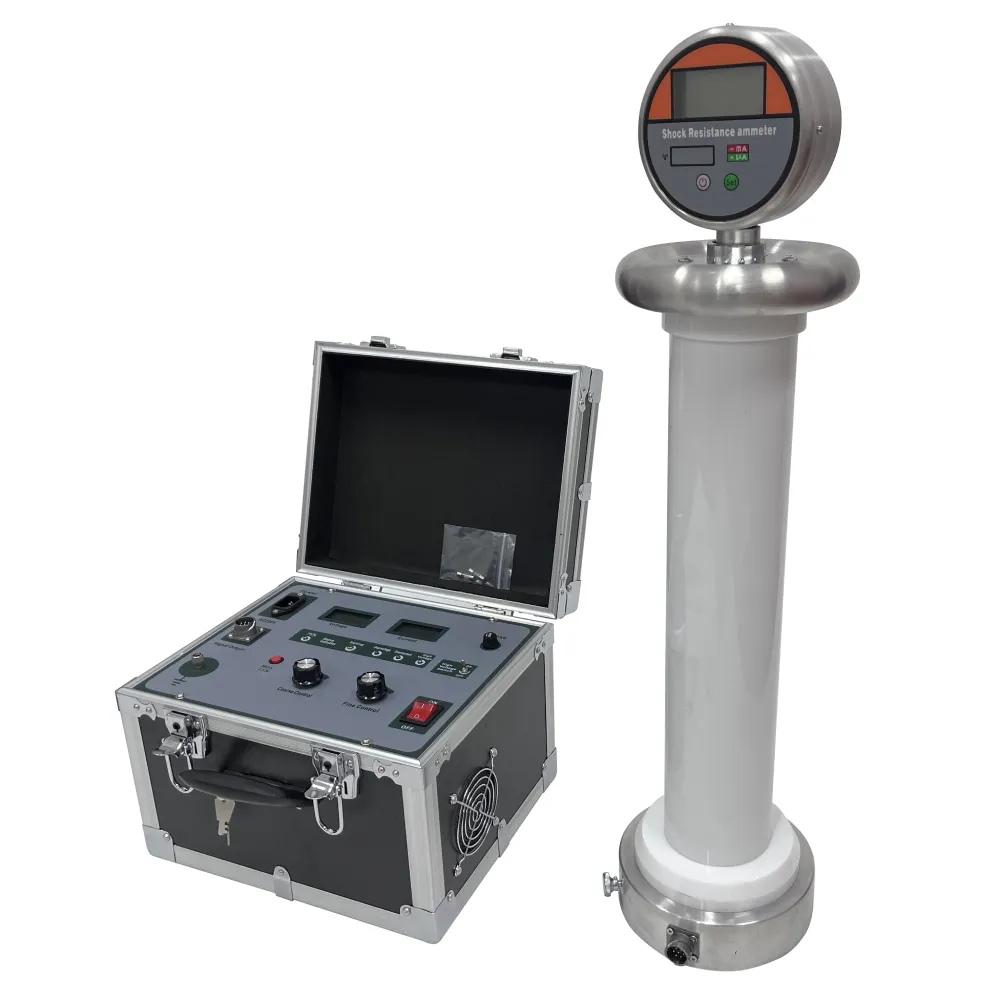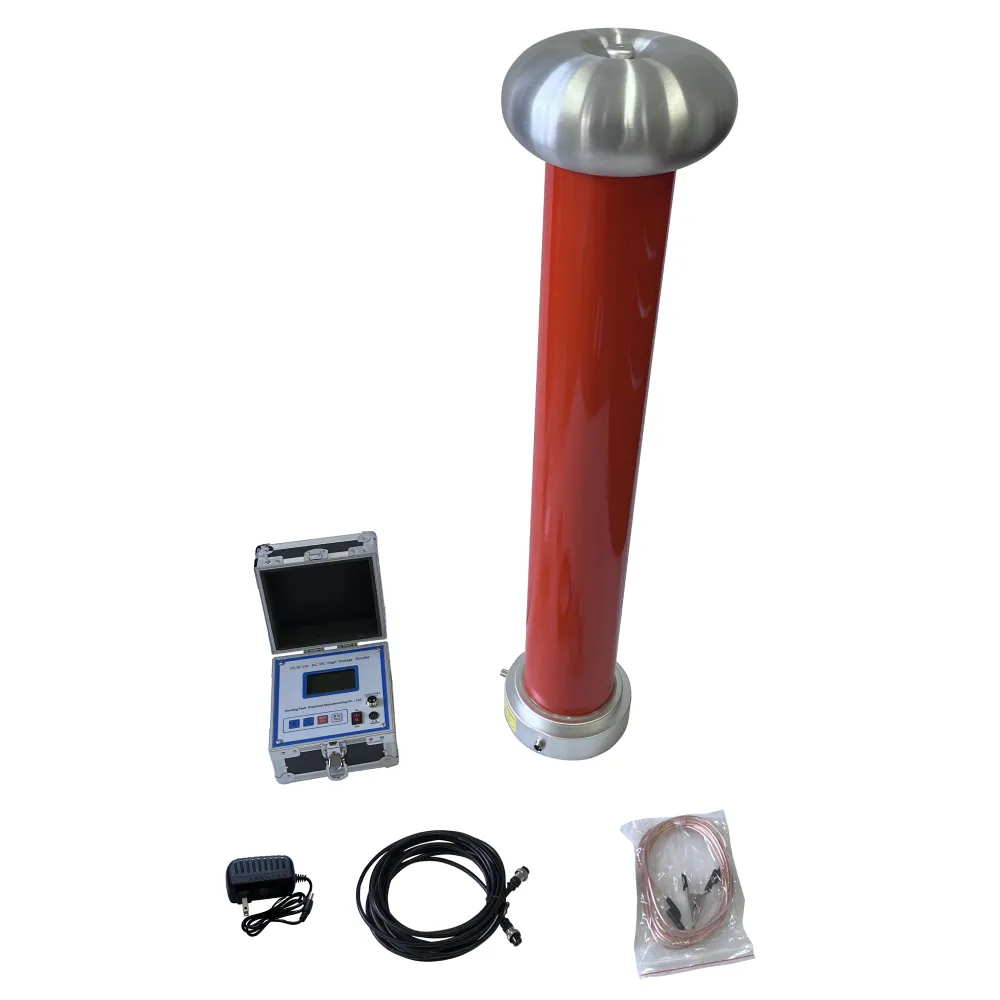TEL:
+86-0312-3189593
 English
English

Telephone:0312-3189593

Email:sales@oil-tester.com

-
 Afrikaans
Afrikaans -
 Albanian
Albanian -
 Amharic
Amharic -
 Arabic
Arabic -
 Armenian
Armenian -
 Azerbaijani
Azerbaijani -
 Basque
Basque -
 Belarusian
Belarusian -
 Bengali
Bengali -
 Bosnian
Bosnian -
 Bulgarian
Bulgarian -
 Catalan
Catalan -
 Cebuano
Cebuano -
 China
China -
 China (Taiwan)
China (Taiwan) -
 Corsican
Corsican -
 Croatian
Croatian -
 Czech
Czech -
 Danish
Danish -
 Dutch
Dutch -
 English
English -
 Esperanto
Esperanto -
 Estonian
Estonian -
 Finnish
Finnish -
 French
French -
 Frisian
Frisian -
 Galician
Galician -
 Georgian
Georgian -
 German
German -
 Greek
Greek -
 Gujarati
Gujarati -
 Haitian Creole
Haitian Creole -
 hausa
hausa -
 hawaiian
hawaiian -
 Hebrew
Hebrew -
 Hindi
Hindi -
 Miao
Miao -
 Hungarian
Hungarian -
 Icelandic
Icelandic -
 igbo
igbo -
 Indonesian
Indonesian -
 irish
irish -
 Italian
Italian -
 Japanese
Japanese -
 Javanese
Javanese -
 Kannada
Kannada -
 kazakh
kazakh -
 Khmer
Khmer -
 Rwandese
Rwandese -
 Korean
Korean -
 Kurdish
Kurdish -
 Kyrgyz
Kyrgyz -
 Lao
Lao -
 Latin
Latin -
 Latvian
Latvian -
 Lithuanian
Lithuanian -
 Luxembourgish
Luxembourgish -
 Macedonian
Macedonian -
 Malgashi
Malgashi -
 Malay
Malay -
 Malayalam
Malayalam -
 Maltese
Maltese -
 Maori
Maori -
 Marathi
Marathi -
 Mongolian
Mongolian -
 Myanmar
Myanmar -
 Nepali
Nepali -
 Norwegian
Norwegian -
 Norwegian
Norwegian -
 Occitan
Occitan -
 Pashto
Pashto -
 Persian
Persian -
 Polish
Polish -
 Portuguese
Portuguese -
 Punjabi
Punjabi -
 Romanian
Romanian -
 Russian
Russian -
 Samoan
Samoan -
 Scottish Gaelic
Scottish Gaelic -
 Serbian
Serbian -
 Sesotho
Sesotho -
 Shona
Shona -
 Sindhi
Sindhi -
 Sinhala
Sinhala -
 Slovak
Slovak -
 Slovenian
Slovenian -
 Somali
Somali -
 Spanish
Spanish -
 Sundanese
Sundanese -
 Swahili
Swahili -
 Swedish
Swedish -
 Tagalog
Tagalog -
 Tajik
Tajik -
 Tamil
Tamil -
 Tatar
Tatar -
 Telugu
Telugu -
 Thai
Thai -
 Turkish
Turkish -
 Turkmen
Turkmen -
 Ukrainian
Ukrainian -
 Urdu
Urdu -
 Uighur
Uighur -
 Uzbek
Uzbek -
 Vietnamese
Vietnamese -
 Welsh
Welsh -
 Bantu
Bantu -
 Yiddish
Yiddish -
 Yoruba
Yoruba -
 Zulu
Zulu
ม.ค. . 26, 2025 08:33
Back to list
PS-9001 Gas Chromatograph
Navigating the world of laboratory instrumentation can often feel like a maze, especially when considering the purchase of a gas chromatograph-mass spectrometer (GC-MS). This instrument, crucial for a wide range of applications including environmental analysis, forensic investigations, and pharmaceuticals, combines gas chromatography and mass spectrometry to identify different substances within a test sample. For anyone considering purchasing a GC-MS, understanding the price dynamics is essential, as these instruments represent a significant investment.
Cost of ownership should also factor into the buying decision beyond the initial purchase price. This includes routine maintenance, consumables such as gas filters, columns, and the software updates frequently needed to keep the system running efficiently. Many high-end GC-MS systems also feature advanced automation, which can reduce operational costs in the long run by minimizing manual labor. Purchasers must consider the resale value and longevity of the equipment. High-quality systems from established brands often hold better resale value should a laboratory’s needs change. Moreover, these systems typically experience fewer breakdowns and have a longer life span, reducing costs over many years of service. Ultimately, buying a GC-MS system is not just purchasing a device; it is an investment in laboratory capability, precision, and reputation. When making this decision, lab managers should meticulously review the instrument specifications, their budget constraints, and consider negotiating extended service plans or training with sales representatives to maximize the value of their purchase. In summary, the price of a gas chromatograph-mass spectrometer is dictated by myriad factors, from brand reputation and technological capabilities to the anticipated cost of ownership. By thoroughly researching these elements and understanding the needs of your specific applications, you can make an informed purchase that fits both your budget and analytical requirements, ensuring a successful integration into your laboratory's workflow.


Cost of ownership should also factor into the buying decision beyond the initial purchase price. This includes routine maintenance, consumables such as gas filters, columns, and the software updates frequently needed to keep the system running efficiently. Many high-end GC-MS systems also feature advanced automation, which can reduce operational costs in the long run by minimizing manual labor. Purchasers must consider the resale value and longevity of the equipment. High-quality systems from established brands often hold better resale value should a laboratory’s needs change. Moreover, these systems typically experience fewer breakdowns and have a longer life span, reducing costs over many years of service. Ultimately, buying a GC-MS system is not just purchasing a device; it is an investment in laboratory capability, precision, and reputation. When making this decision, lab managers should meticulously review the instrument specifications, their budget constraints, and consider negotiating extended service plans or training with sales representatives to maximize the value of their purchase. In summary, the price of a gas chromatograph-mass spectrometer is dictated by myriad factors, from brand reputation and technological capabilities to the anticipated cost of ownership. By thoroughly researching these elements and understanding the needs of your specific applications, you can make an informed purchase that fits both your budget and analytical requirements, ensuring a successful integration into your laboratory's workflow.
Latest news
-
Exploring the Main Types of Industrial Endoscopes and Their Applications Across IndustriesNewsJul.04,2025
-
Testing Equipment Industry Sees Major Advancements in 2025: Smart & Precision Technologies Lead the WayNewsJun.06,2025
-
Applications of Direct Current Generators in Renewable Energy SystemsNewsJun.05,2025
-
Hipot Tester Calibration and Accuracy GuidelinesNewsJun.05,2025
-
Digital Circuit Breaker Analyzer Features and BenefitsNewsJun.05,2025
-
Benefits of Real-Time Power Quality Monitoring Devices for Industrial EfficiencyNewsJun.05,2025



